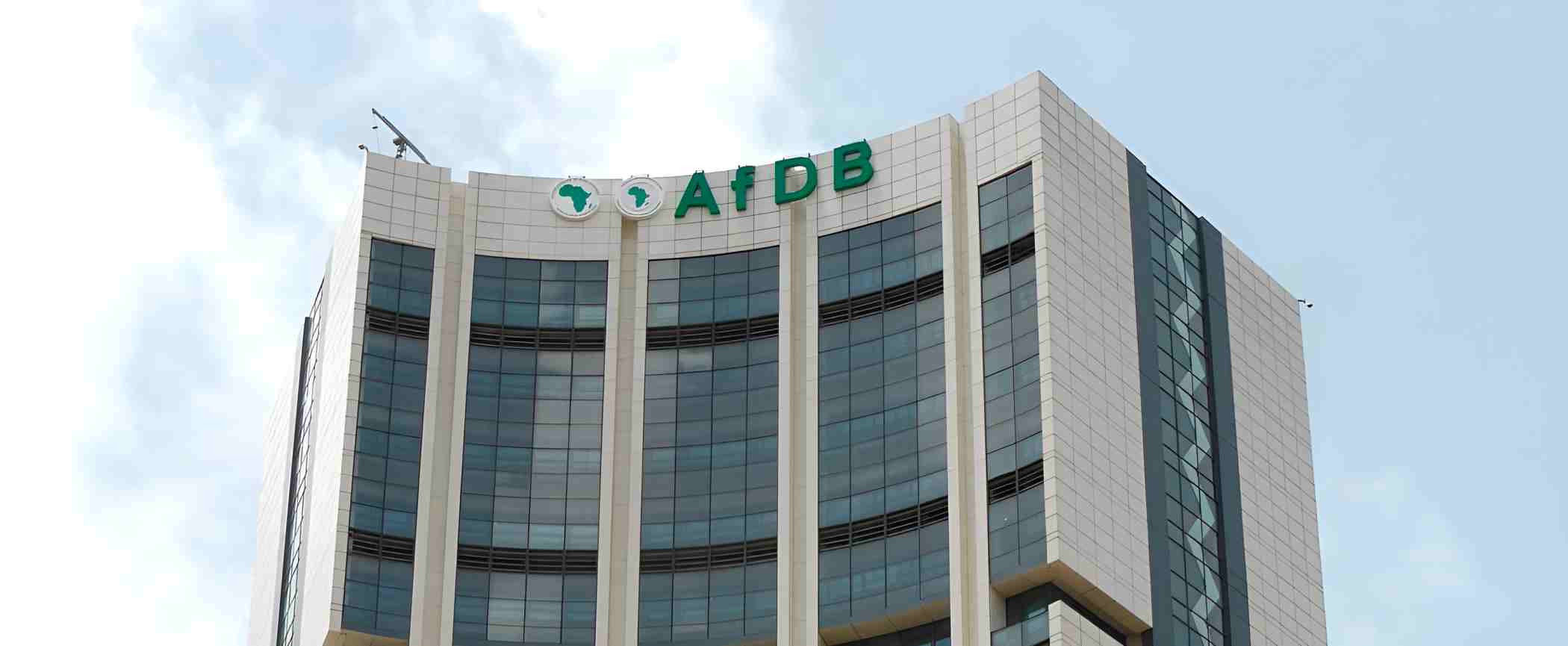African Development Bank set to unveil carbon credit support initiative

The initiative, designed to mobilize climate finance for Africa which faces growing threats from droughts and extreme weather events was announced on Thursday.
The African Development Bank is preparing to launch a new facility aimed at strengthening carbon markets across the continent, according to senior officials at the institution.
The initiative, designed to mobilize climate finance for Africa which faces growing threats from droughts and extreme weather events was announced on Thursday.
Dubbed the Africa Carbon Support Facility, the program is still in the planning phase.
It will consist of two main pillars: the first will support African governments in crafting effective carbon trading policies and regulatory frameworks; the second will concentrate on expanding both the availability and demand for carbon credits, while also building the necessary market infrastructure to support their growth.
The announcement came as the Bank revealed the election of former Mauritanian Finance Minister Sidi Ould Tah as its new president.
"We see a future where carbon credits are actively traded on Africa’s stock exchanges," said Anthony Nyong, Director for Climate Change and Green Growth at the African Development Bank (AfDB), during a session at the Bank’s annual meeting in Abidjan.
Carbon credits are generated through projects like reforestation or renewable energy installations in developing countries, with one credit issued for every metric ton of emissions reduced or removed from the atmosphere.
These credits can be purchased by countries or companies to help them meet their climate targets.
Currently, most of Africa’s carbon credits largely stemming from forestry, agriculture, and land use projects are sold through voluntary markets. Nyong noted that integrating these credits into formal stock exchanges would likely drive up their value.
Despite contributing only a small fraction of global emissions, Africa’s 54 nations are among the most vulnerable to climate change.
The continent has been battered by increasingly severe climate events, including tropical cyclones affecting island nations like Madagascar and coastal areas of Southern Africa, as well as prolonged droughts in the Horn of Africa.
Africa receives only 1% of global climate finance each year, a disparity that African leaders have long criticized.
"Developing carbon markets is essential for the continent," emphasized Kevin Kariuki, the Bank’s Vice President for Power, Energy, Climate Change, and Green Growth.
According to Nyong, the new facility aims to ensure African carbon credits can access compliance markets, where prices are often ten times higher than in voluntary markets—unlocking far greater earning potential for climate-friendly initiatives across the continent.
